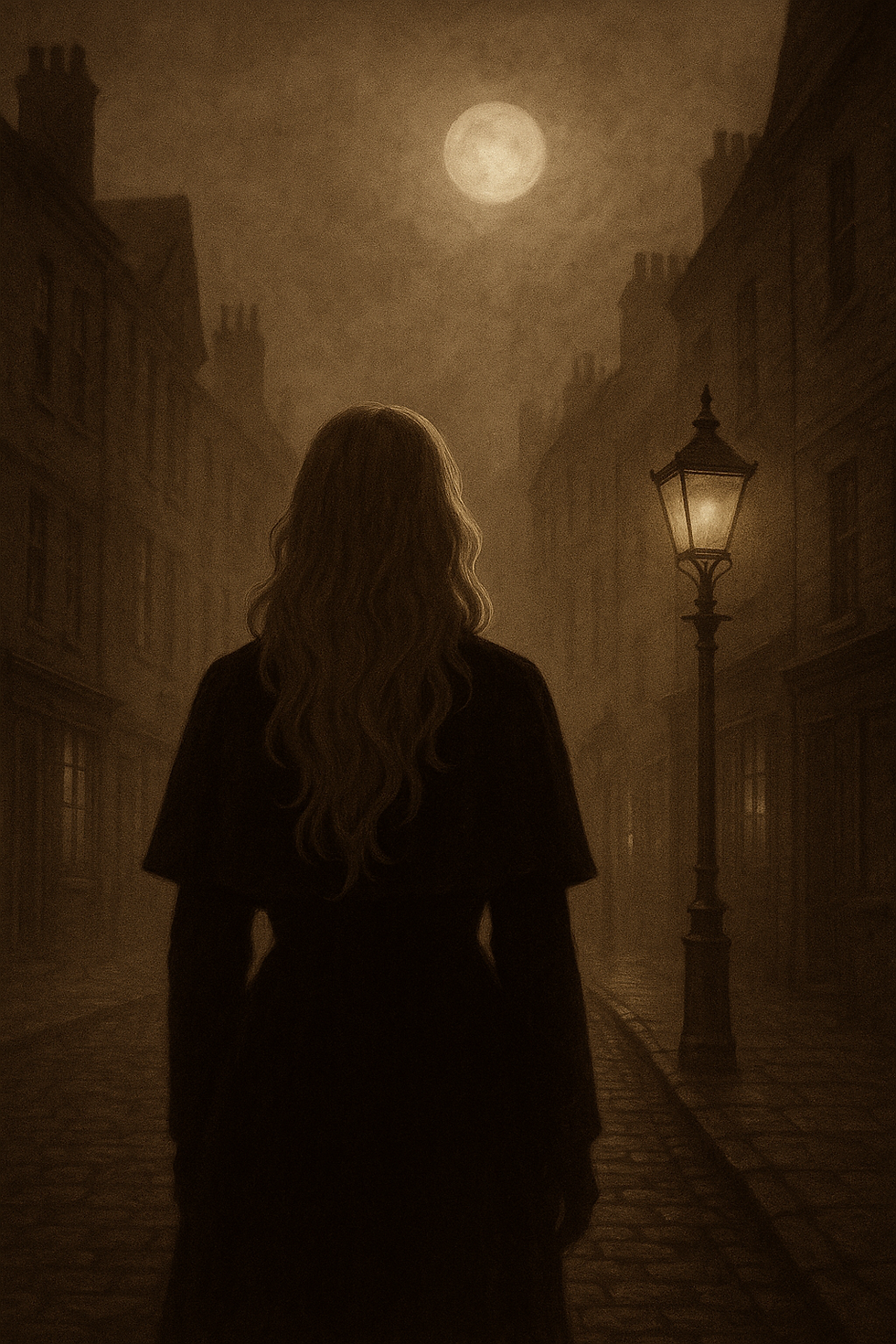This One is Special.
- Aoibh Wood
- Jun 17, 2023
- 2 min read
Updated: Jun 21, 2023

As some of you know, I've started a new novel, The Senator's Widow, and I'm about halfway finished with the first draft. This one is a special one for me. I often talk about my Irish heritage, sometimes as if I were born there. I wasn't.
My mother's side of my family, my aunts and uncles, are all from a small town in Appalachian Kentucky known as Whitesburg, the Letcher county seat. Like many groups, the people of Appalachia are misunderstood, generally depicted as barefoot, ignorant, violent, and stupid. They're not. They're good people who, like all others, are just trying to make their way in an ever-changing world. It's a place that's been stereotyped a million times by people from outside the region and has suffered under the thumb of big coal for a hundred years, and is generally ignored by the rest of the country, unless, of course, the power goes out. Amy York's depiction of Letcher and PIke Counties and Appalachia in general pushed me to write this book.
For me, coming to terms with my heritage from Letcher County has been a long journey of many years. My mother, in 1955 or so, left Whitesburg with her daddy and moved to Rural Ohio, just outside of Dayton, where I was born. But I don't really think of myself as from there, not anymore. I haven't for some time.
I didn't grow up in a Midwestern culture. The people I spent my summers with were my Uncles, almost all of whom were born and raised in Whitesburg. I learned words like "t'ain't," and that the way to pronounce 'over there' was "over thaR" and that other sometimes had a t in front of it, "t'other.'" These aren't symbols of stupidity. They're dialectic differences grown from isolation.
My grandmother made biscuits and gravy for breakfast, and we ate string beans, cornbread, and fried chicken for dinner with turnip greens, though, in Ohio, sometimes she got collard. And I still make and eat these things today with absolute joy.
Beyond this, though, I gained an appreciation for bluegrass that I hid from everyone, even my wife, for many years. Now, though, I feel like it's time to do two things, embrace my heritage, and try to tell a story that, while couched in fiction, contains the little truths I have learned from my mother, her family, and others who grew up in that part of Appalachia.
There's a proud history behind the word Redneck, born from the union fights against coal barons who treated Appalachian miners like dirt for profit. We're not a bunch of racist ignorant morons. We're all people, and Folks is just folks. And love is just love. And the traditions of my mother's home, my home, really, are compatible with the modern realities of today's America. And bluegrass is beautiful music. And even two women in love can have a happy ending in the forests of The Cumberland.






Comments